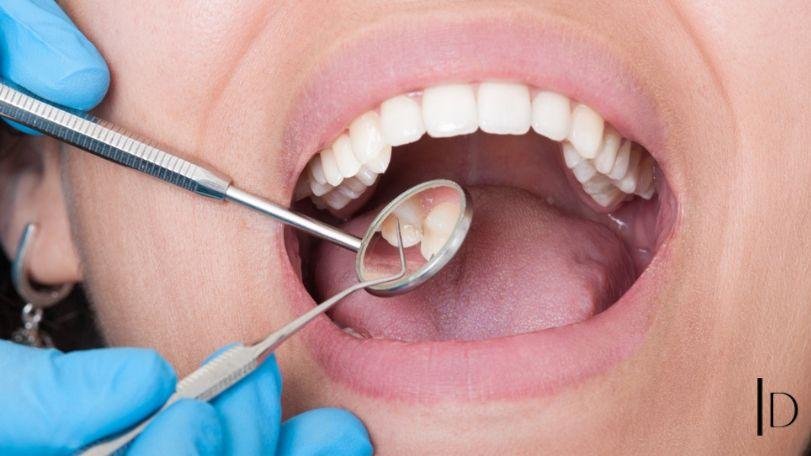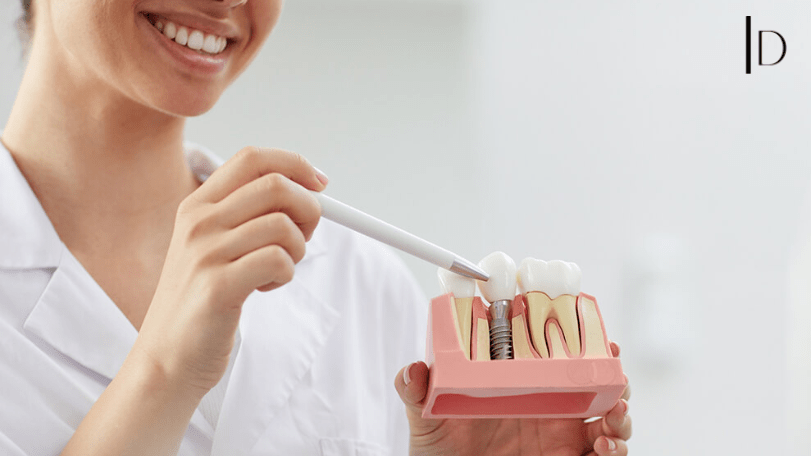Month: May 2024

Understanding Teeth Lose Causes, Prevention, and Treatment
May 17, 2024Teeth lose are a common concern for both children and adults. While it’s a normal part of growing up for kids, loose teeth in adults can be a sign of underlying issues that need immediate attention. Understanding the causes, prevention, and treatment options for teeth lose can help you maintain a healthy smile.
Causes of Teeth Lose
For Children
In children, teeth lose are a natural part of the development process. As their permanent teeth begin to grow, they push against the roots of the baby teeth, causing them to loosen and eventually fall out. This typically starts around the age of six and continues until the early teenage years.
For Adults
Loose teeth in adults, however, are often a sign of dental problems that need to be addressed. Some common causes include:
- Gum Disease: Periodontal disease, or gum disease, is a major cause of loose teeth in adults. It occurs when plaque and tartar build up on the teeth and gums, leading to infection and inflammation. Over time, this can cause the gums to recede and the teeth to become lose.
- Trauma or Injury: Accidents or injuries to the mouth can cause teeth to become lose. This might happen from a fall, a blow to the face, or even biting down on something hard.
- Bruxism: Grinding or clenching your teeth, known as bruxism, can put excessive pressure on your teeth, leading to them becoming loose over time.
- Bone Loss: Conditions that affect bone density, such as osteoporosis, can weaken the jawbone and result in teeth lose.
- Poor Oral Hygiene: Inadequate brushing and flossing can lead to plaque buildup, gum disease, and eventually teeth lose.
Prevention of Teeth Lose
Preventing loose teeth involves maintaining good oral hygiene and taking steps to protect your teeth from injury and disease. Here are some key tips:
- Practice Good Oral Hygiene: Brush your teeth at least twice a day with fluoride toothpaste and floss daily to remove plaque from between your teeth and under your gumline.
- Regular Dental Checkups: Visit your dentist regularly for checkups and cleanings. Your dentist can identify early signs of gum disease and other issues that might lead to teeth lose.
- Healthy Diet: Eat a balanced diet rich in vitamins and minerals that support oral health. Avoid excessive consumption of sugary foods and drinks, which can contribute to tooth decay and gum disease.
- Mouthguards: If you participate in contact sports or grind your teeth at night, consider wearing a mouthguard to protect your teeth from injury.
- Quit Smoking: Smoking can significantly increase your risk of gum disease, which can lead to teeth lose.
Treatment for Teeth lose
If you notice that your teeth are lose, it’s important to seek professional dental care as soon as possible. Treatment will depend on the underlying cause:
- Gum Disease Treatment: If gum disease is the cause, your dentist may recommend a deep cleaning procedure called scaling and root planing to remove plaque and tartar from below the gumline. In severe cases, surgical intervention may be necessary.
- Splinting: For teeth loosened by trauma or bruxism, your dentist might use a technique called splinting. This involves bonding the loose tooth to adjacent teeth to stabilize it.
- Bone Grafts: In cases of bone loss, a bone graft might be necessary to regenerate lost bone tissue and provide a stable foundation for your teeth.
- Lifestyle Changes: Addressing habits like smoking or teeth grinding can prevent further damage. Your dentist may also recommend changes to your diet and oral hygiene routine.
- Extraction and Replacement: In cases where a tooth cannot be saved, extraction might be necessary. The missing tooth can be replaced with a dental implant, bridge, or denture.
Conclusion
Teeth lose can be a sign of significant dental issues, especially in adults. By understanding the causes, practicing good oral hygiene, and seeking prompt dental care, you can prevent and treat loose teeth effectively. Remember, maintaining a healthy smile requires regular dental visits and a commitment to good oral health practices.

Understanding Loose Teeth Causes, Treatments, and Prevention
May 10, 2024Loose teeth can be a distressing experience for anyone, whether it’s a child losing their baby teeth or an adult facing the potential loss of permanent teeth. It’s essential to understand the causes behind loose teeth, the available treatments, and the preventive measures that can be taken to maintain optimal dental health. In this comprehensive guide, we’ll delve into the various factors contributing to loose teeth and explore effective strategies for addressing and preventing this common dental issue.
Causes of Loose Teeth:
- Periodontal Disease: One of the primary causes of loose teeth is periodontal disease, commonly known as gum disease. This condition occurs when bacteria build up in the gums, leading to inflammation and eventual damage to the tissues supporting the teeth. As the gums weaken, they can become loose and may eventually fall out if left untreated.
- Trauma or Injury: Accidents, sports injuries, or other types of trauma to the mouth can also result in teeth loosing. The impact from such incidents can damage the ligaments and tissues surrounding the teeth, causing them to become loose or dislodged.
- Poor Oral Hygiene: Inadequate oral hygiene practices, such as infrequent brushing and flossing, can contribute to the development of plaque and tartar buildup on the teeth. Over time, this can lead to gum disease and eventual tooth loss.
- Osteoporosis: Osteoporosis, a condition characterized by weakened bones, can also affect the jawbone. As the bone density decreases, the supporting structure for the teeth becomes compromised, increasing the risk of tooth mobility.
- Hormonal Changes: Hormonal fluctuations, such as those experienced during pregnancy or menopause, can impact gum health and increase the likelihood of developing loose teeth. This is due to changes in blood flow to the gums and increased susceptibility to gum disease.
Treatments for Loose Teeth:
- Professional Dental Care: If you notice that your teeth are becoming loose, it’s crucial to schedule an appointment with your dentist as soon as possible. Depending on the underlying cause, your dentist may recommend various treatment options, such as deep cleaning to remove plaque and tartar, periodontal therapy to treat gum disease, or splinting to stabilize loose teeth.
- Scaling and Root Planing: For individuals with gum disease, scaling and root planing may be necessary to remove bacteria and calculus from below the gum line and smooth the tooth roots. This can help promote gum reattachment and prevent further progression of periodontal disease.
- Tooth Splinting: In cases where teeth are broken, tooth splinting may be used to stabilize them. This involves bonding the loose tooth to neighboring teeth for support, allowing the gums and surrounding tissues to heal.
- Bone Grafting: If bone loss has occurred due to periodontal disease or other factors, bone grafting procedures may be recommended to regenerate lost bone tissue and strengthen the jawbone. This can provide a stable foundation for the teeth and prevent further tooth mobility.
Preventive Measures:
- Maintain Good Oral Hygiene: Practicing proper oral hygiene habits, such as brushing your teeth twice a day, flossing daily, and using mouthwash, is essential for preventing plaque buildup and gum disease.
- Visit Your Dentist Regularly: Regular dental check-ups and cleanings are essential for detecting any signs of gum disease or tooth mobility early on and addressing them before they progress.
- Avoid Tobacco Use: Smoking and chewing tobacco can contribute to gum disease and bone loss, increasing the risk of loose teeth. Quitting tobacco use can significantly improve oral health and reduce the likelihood of tooth mobility.
- Eat a Balanced Diet: A diet rich in fruits, vegetables, lean proteins, and calcium can support overall dental health and contribute to strong teeth and bones.
Conclusion:
Loose teeth can have various causes, including gum disease, trauma, poor oral hygiene, osteoporosis, and hormonal changes. However, with prompt professional care and preventive measures, it’s possible to address loose teeth effectively and maintain a healthy smile for years to come. By understanding the causes behind tooth lose and implementing proactive dental care strategies, you can safeguard your oral health and preserve your teeth for a lifetime. Remember, early intervention is key to preventing further damage and achieving optimal dental outcomes.

